Genetics: Spontaneous mutations lead to mental retardation
Spontaneous mutations that change a single DNA base account for a large proportion of cases of unexplained mental retardation, according to a study published in the December Nature Genetics.

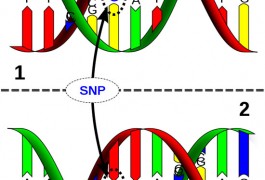
Spontaneous mutations that change a single DNA base account for a large proportion of cases of unexplained mental retardation, according to a study published in the December Nature Genetics.
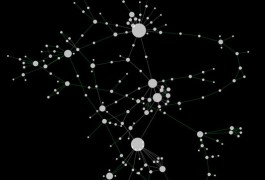
The pattern of interactions among different genes in yeast cells changes in response to disease-like conditions, in this case a DNA-damaging agent, according to a study published 3 December in Science. Mapping epistasis — how various cellular factors work together — is key to understanding complex disorders, such as autism.
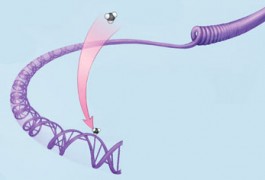
A gene involved in epigenetics — regulation of gene expression by modifying DNA, but without altering the sequence — is associated with autism in families that have only one child with the disorder, according to a study published in November.

Toddlers with autism take longer to build their vocabulary than do those who have only language impairment, according to a study published online in November. When matched by vocabulary level, however, the two groups use the same types of words and have the same grammatical skills.
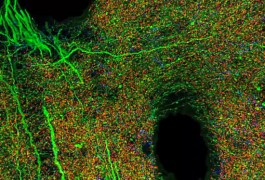
A new technique called array tomography allows researchers to visualize individual synapses, the complex junctions between neurons, in the mouse brain. Researchers have also identified several markers that highlight the incredible diversity of synapse types.
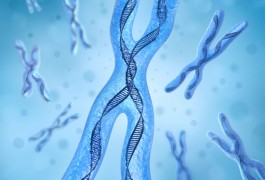
Individuals with a deletion in the 16p11.2 chromosomal region — which has been linked to autism in several studies — show features of autism spectrum disorders including language delay, according to a study published in October.

Positive reinforcement can help children with autism break out of repetitive patterns of play. Results from a study broadly suggest that behavioral intervention can improve creativity in these children.
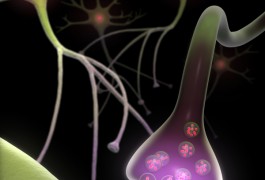
Treating adult mice with lithium restores the ability of neurons in fragile X mice to fine-tune their signaling, according to a study published online in November in Brain Research.
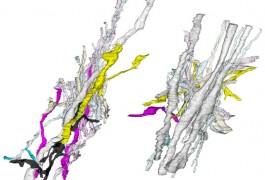
Changes in the bodies of neurons may account for communication deficits in the brains of people with autism, according to a study published 3 November in The Journal of Neuroscience.

Inhibiting the ERK1/2 pathway — which regulates the synthesis of other proteins — can rescue some of the effects of fragile X syndrome, according to a study published 17 November in the Journal of Neuroscience. The ERK pathway could provide a novel target for fragile X therapies.